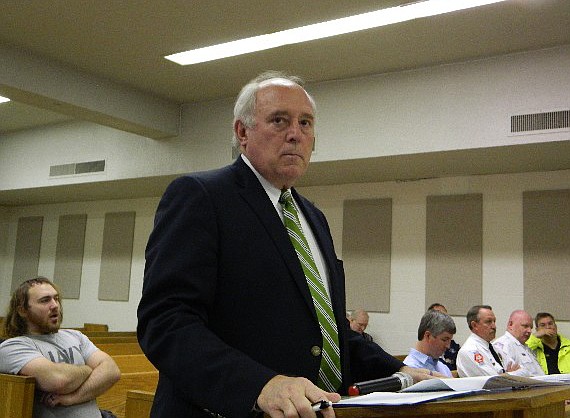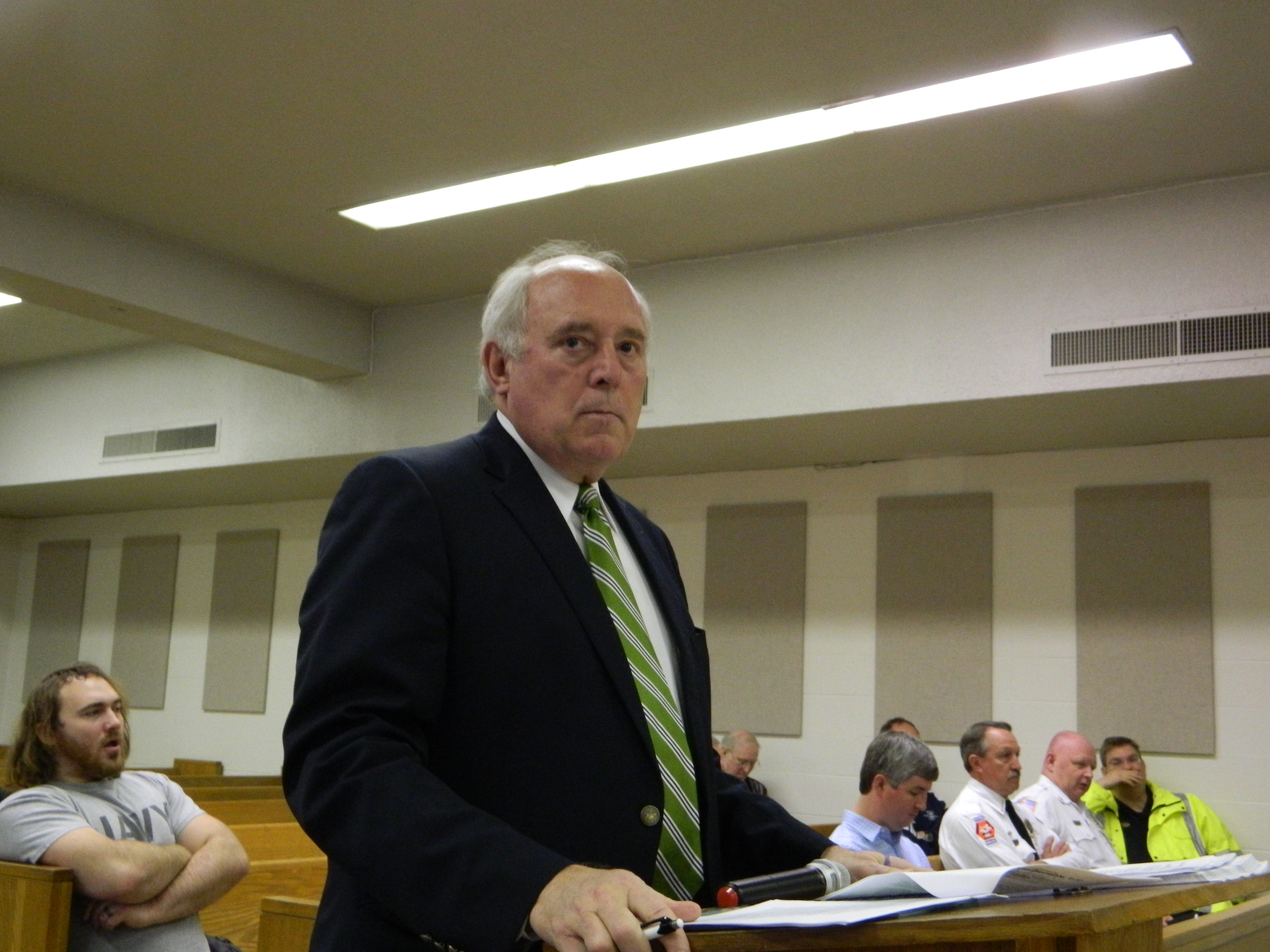CLEVELAND, Tenn. - The Bradley County Commission has agreed to pay $120,000 in previously distributed liquor tax revenues to the Bradley County and Cleveland school systems.
In doing so, the commission falls in line with an opinion issued in February by Tennessee Attorney General Robert Cooper. In the nonbinding opinion, Cooper said that cities across the state need to start paying school districts millions of dollars in mixed-drink taxes that inadvertently went unpaid for years.
Yet the question of whether and what to pay remains up in the air for some cities. More than a dozen are affected by the unpaid liquor taxes, including Chattanooga, Cleveland, South Pittsburg and Jasper.
Hamilton County Schools says it is owed more than $11 million by Chattanooga.
Mayor Andy Berke's spokeswoman, Lacie Stone, has said the city is still reviewing the opinion to decide what it means for the city.
But in Bradley County, commissioners seemed to think the mandate is clear.
"We'll end up paying this money," said Bradley County Attorney Crystal Freiberg. "It's a matter of when you're going to pay what you owe."
Bradley County's agreement to pay the money, which amounts to $81,437 to the county school system and $39,101 to the city school system, was included in a pair of measures intended to support Bradley County Schools' pursuit of nearly $720,000 in liquor tax revenues from the city through a judicial ruling.
In a recent meeting, the Bradley County Commission voted 13-0 to make the payments and to oppose state legislation that could potentially change the way the liquor tax revenues are distributed and limit claims on past revenue distributions.
"I believe it strengthens our position for us to go ahead and do what the statute has been mandating all along," said Commissioner Ed Elkins.
Bradley County Commissioner Terry Caywood questioned whether the county could receive back any funds paid to the two school systems if Bradley County Schools' legal efforts failed.
"There's nobody who has suggested in any way shape, form or fashion that we don't owe this money," said James Logan, attorney for Bradley County in regard to the $120,000, which accumulated from the 1980s until June 30, 2013.
State revenue officials and government advisory agencies all agree that the county owes this money and Bradley County should not expect to be paid back, said Logan.
By June 30, 2014, $9,000 more will need to be distributed by Bradley County to the two school systems, said Logan. The allocation ratio will be similar, with the city school system receiving one-third of the amount, he said.
Distribution of liquor tax revenues toward local education systems have come under review across the state, Gary Hayes, a consultant with the County Technical Assistance Service, has said.
The dispute between the Bradley County Schools and Cleveland stems from interpretations of a Tennessee law governing the distribution of liquor tax collections. According to state law, 50 percent of liquor tax proceeds allotted to a local government body should be "expended and distributed in the same manner as the county property tax for schools is expended and distributed."
The Cleveland City Council has repeatedly challenged the code's application to the city because it operates its own school system.
Councilman Richard Banks has cited other parts of the code which states "any proceeds expended and distributed to municipalities which do not operate their own school systems separate from the county are required to remit one half of their proceeds of the gross receipts liquor-by-the-drink tax to the county school fund."
Paul Leach is based in Cleveland. Contact him at paul.leach.press@gmail.com.

